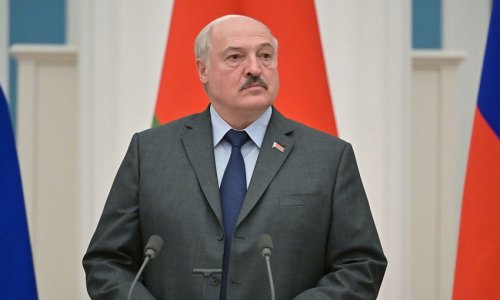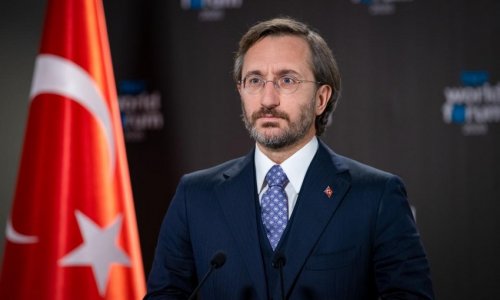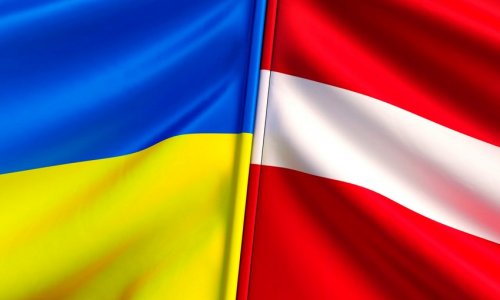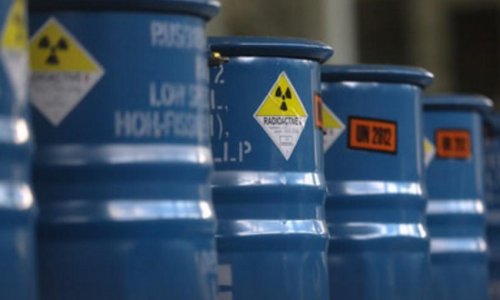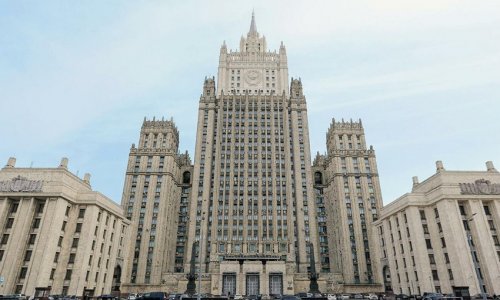When I read about the Feb. 11 meeting between Mainland Chinese and Taiwanese officials in the Mainland city of Nanjing -- the first formal meeting in 65 years -- I had flashbacks to all I had been taught about that politicized word, "Taiwan." As a child in the 2000s in Beijing, the first thing I remember learning about Taiwan was that it was a part of China, one that reflected, somehow, on China's national glory.As a child in the 2000s in Beijing, the first thing I remember learning about Taiwan was that it was a part of China, one that reflected, somehow, on China's national glory. Later, as part of my high school curriculum, I learned that Taiwan symbolized China's history of humiliation and civil war, and that the Qing Dynasty ceded Taiwan to Japan as a colony in 1894, after a crushing defeat in a naval battle. Japan returned the island after Japan's defeat in World War II, but after the Kuomintang lost the Chinese civil war and fled to Taiwan in 1949, the island was again separated from the Mainland. In the ensuing decades, I was taught, only meddling by the United States stopped the Chinese people from reclaiming what was, and is, rightfully ours. This narrative has instilled in my mind the belief that reunifying with Taiwan would be the utmost proof of our nation's glory, strength, and integrity. I still remember a story I heard in primary school about a group of Mainland students at an overseas conference. When they realized that the conference's map of China did not include Taiwan, the students repeatedly insisted on the need to replace the map with a correct one, until the organizers yielded. I cannot remember whether I read the anecdote in a textbook or heard it from a teacher, but during discussions in high school, I learned that nearly all of my classmates had heard the same thing: a testament to the tale's popularity and far-reaching influence.The underlying message is plain and simple: Taiwan is a part of China, and every Chinese citizen is obliged to defend the dignity of his or her country. To many Chinese, whether Taiwan is part of China is not only a political question -- it's a moral one. After Taiwan's ex-president Lee Tenghui and then-President Chen Shuibian made a series of remarks in favor of Taiwanese independence in 2003, my elementary school class organized a meeting to denounce them. One by one, we stood up to make short speeches about Taiwan, a place we had never visited or knew much about. What we actually said faded away long ago, but the angry faces and acerbic tones -- including mine -- are still vivid in my memory. Those moments, combined with statements issued by the Ministry of Foreign Affairs protesting Taiwan's independence movement, shaped many Chinese's perceptions about the island: not as a real place with real people living real lives, but as a symbol of our country.These strong political beliefs, combined with a lack of understanding of the reality on the ground, mean that while most of us from the Mainland think Taiwan is part of China, we can't actually feel that it is. I find it harder to relate to events in Taiwan than to those happening to my people.I find it harder to relate to events in Taiwan than to those happening to my people. I think my experience is typical: Taiwan feels like a disconnected independent state to most Chinese, regardless of whether they believe Taiwan is, or ought to be, part of China.And not all Chinese harbor semi-religious beliefs toward unification. Those increasingly dissatisfied with the authoritarian regime on the Mainland, who admire the democratic institutions of Taiwan, or who read more about Taiwan's history on their own, may switch their viewpoints. I have friends on the Mainland who now believe that Taiwan's independence, or unification under Taiwan's current democratic system, is the best way to go. But despite the growing diversity of opinions about Taiwan, in the minds of Mainland Chinese, the concept of Taiwan is still abstract, symbolic, and highly politicized.The opportunity to travel to Taiwan and witness the place firsthand has brought about a fundamental change in my own conception of the island. Starting in 2011, residents in China's large cities could visit Taiwan without a tour group; I took advantage, and made a trip there in August 2012. The second night after my arrival, I stood amidst the crowd in the bustling Shilin Night Market in Taipei, and for a moment I closed my eyes. I smelled alluring Chinese food and heard peddlers calling out in Chinese from behind food stands. I felt as if I were in Shanghai or Guangzhou; a sense of intimacy washed over me. I started to realize how much the people there shared with us; and for a moment, the all-consuming political argument about independence seemed trivial -- even humiliating.(foreignpolicy.com)ANN.Az
The Taiwan in My Mind
World
21:45 | 14.02.2014
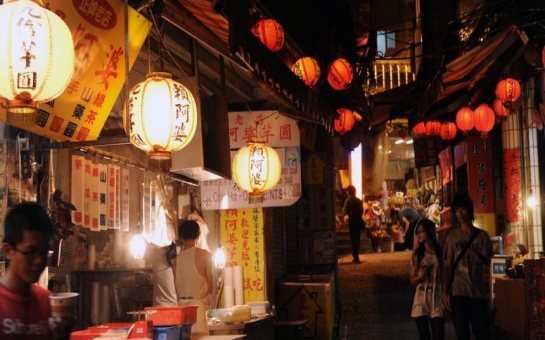
The Taiwan in My Mind
I have always found it difficult to talk about Taiwan. Growing up in Mainland China, I heard about it all the time: in newspapers, on soapy television miniseries, and in my history classes. Yet all the while, I felt totally estranged and disconnected from an island that sits a mere 110 miles off China's coast.
Follow us !

